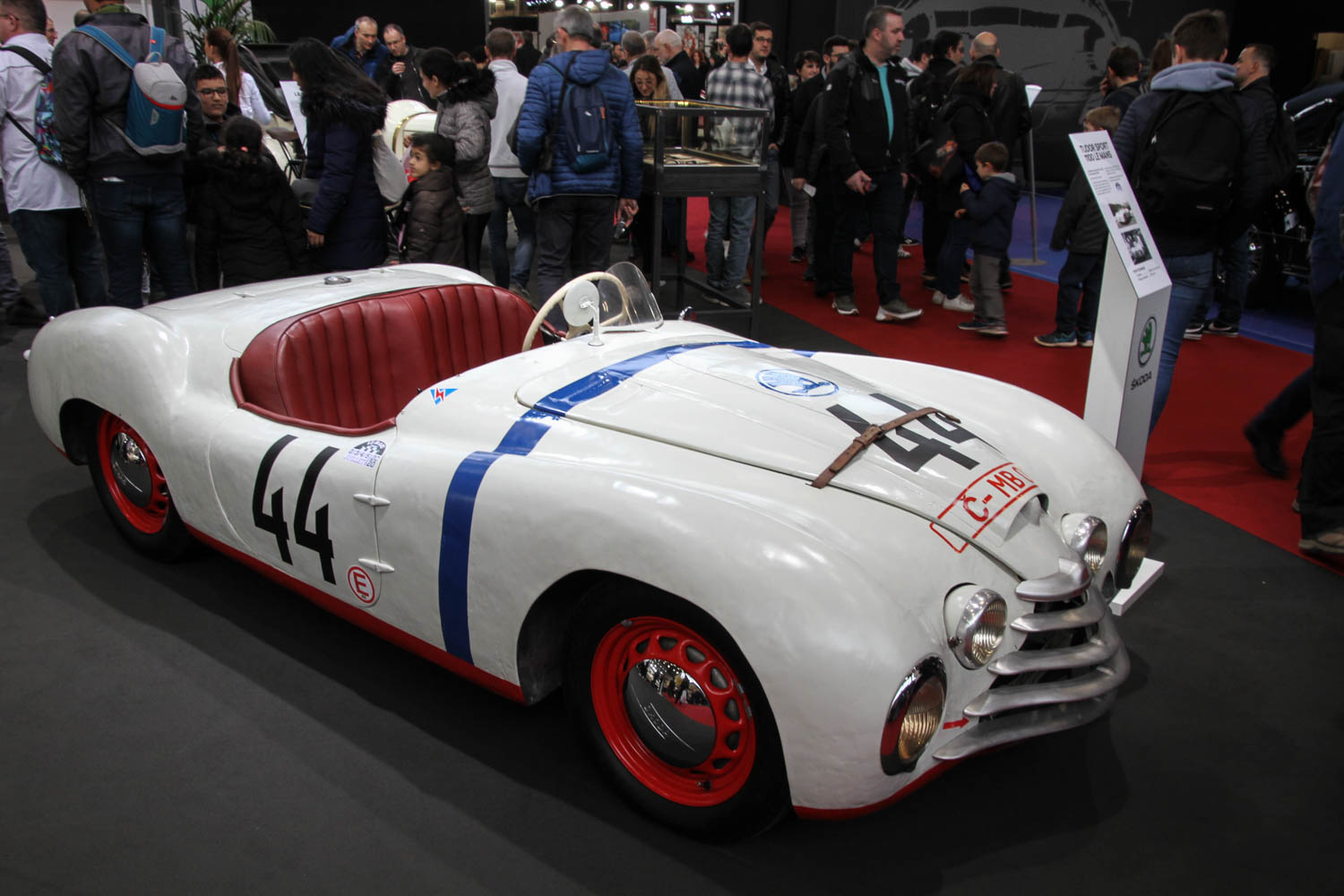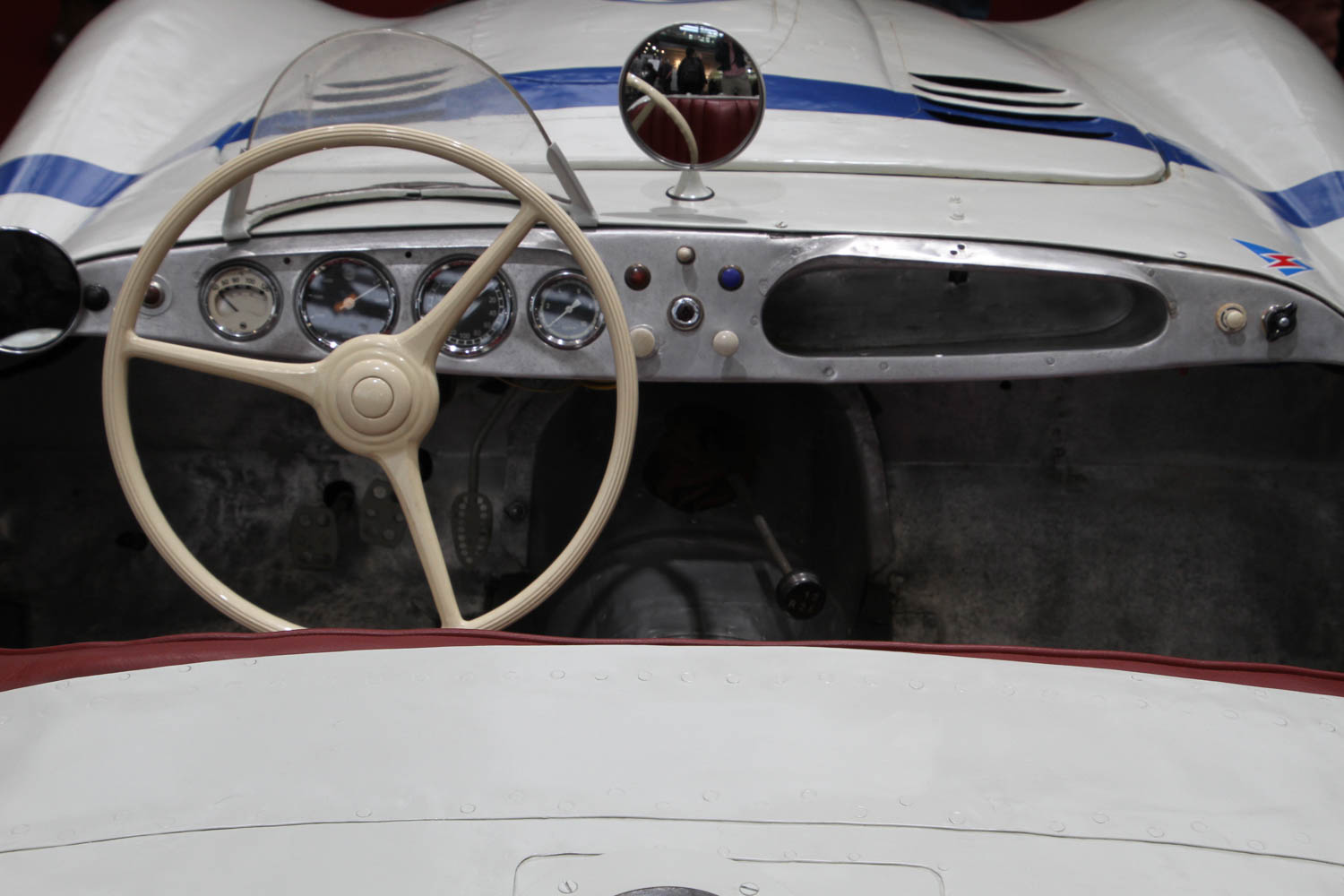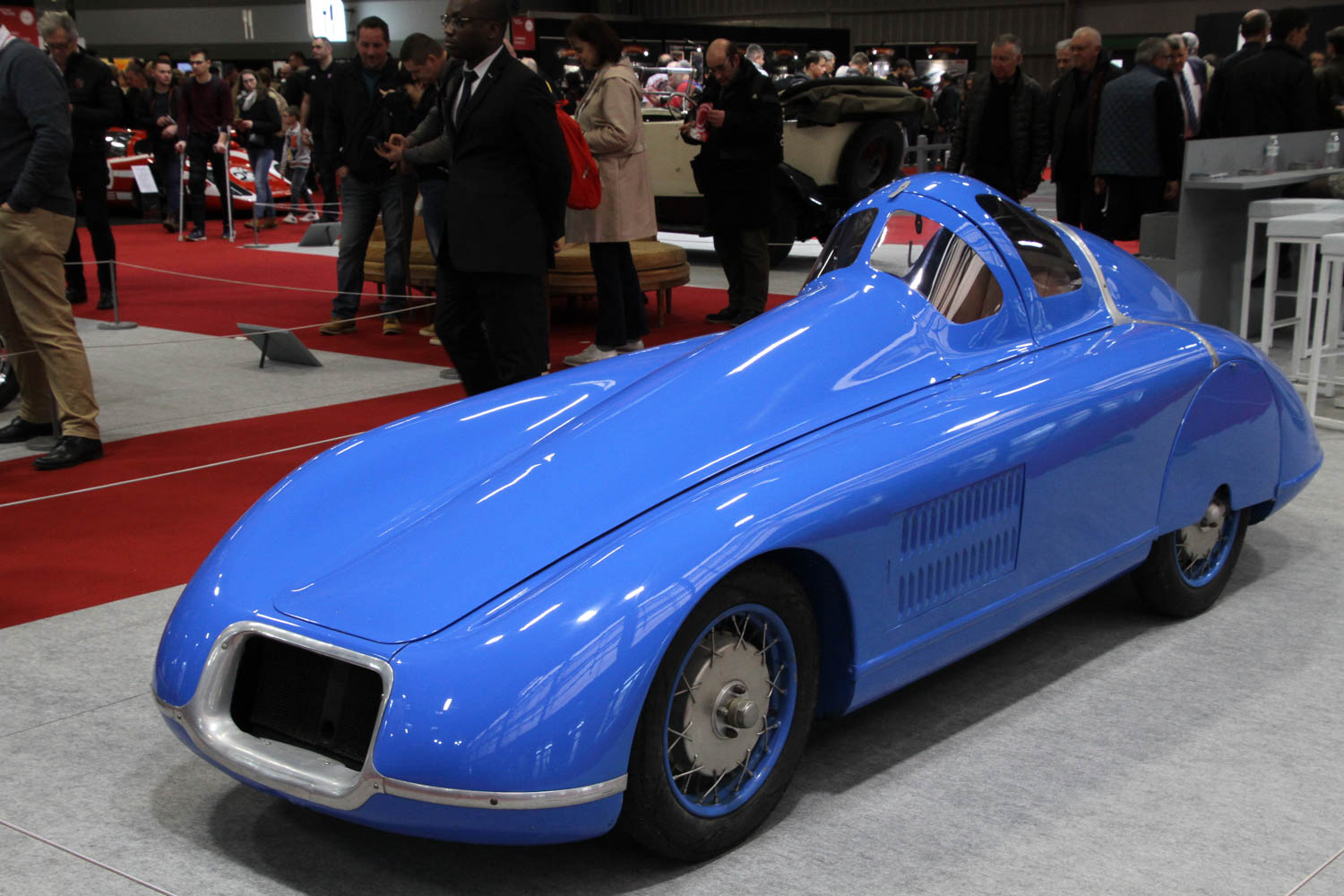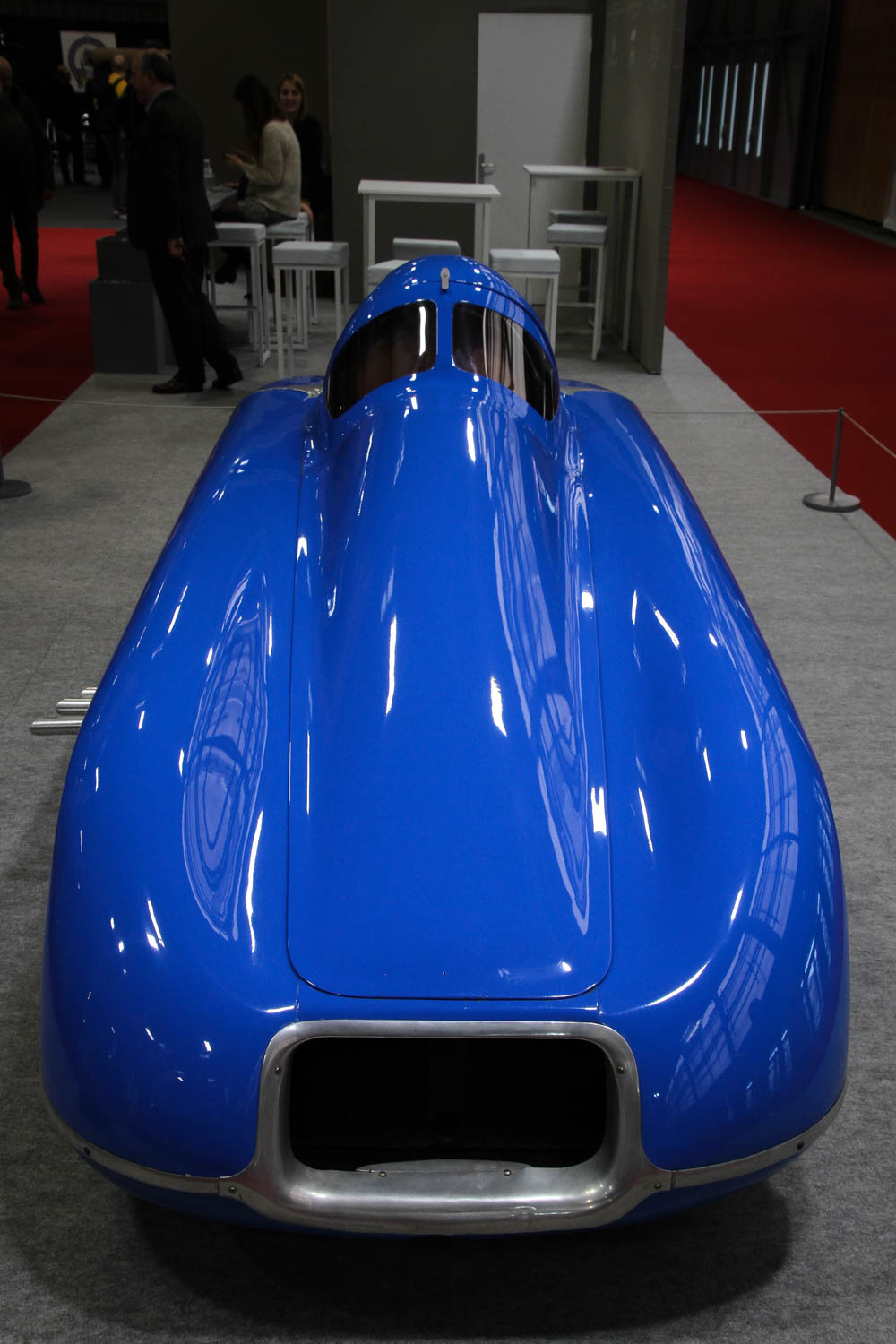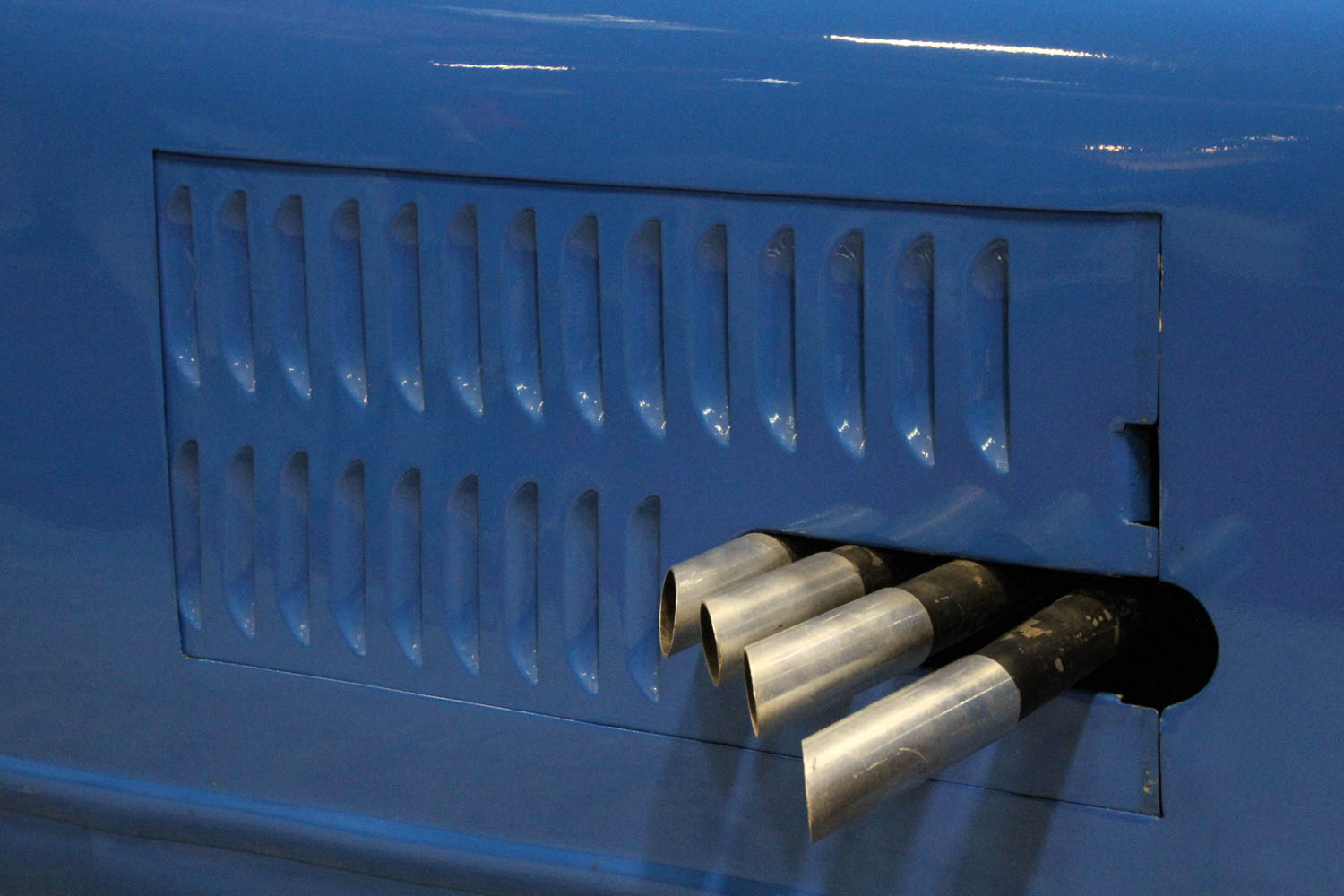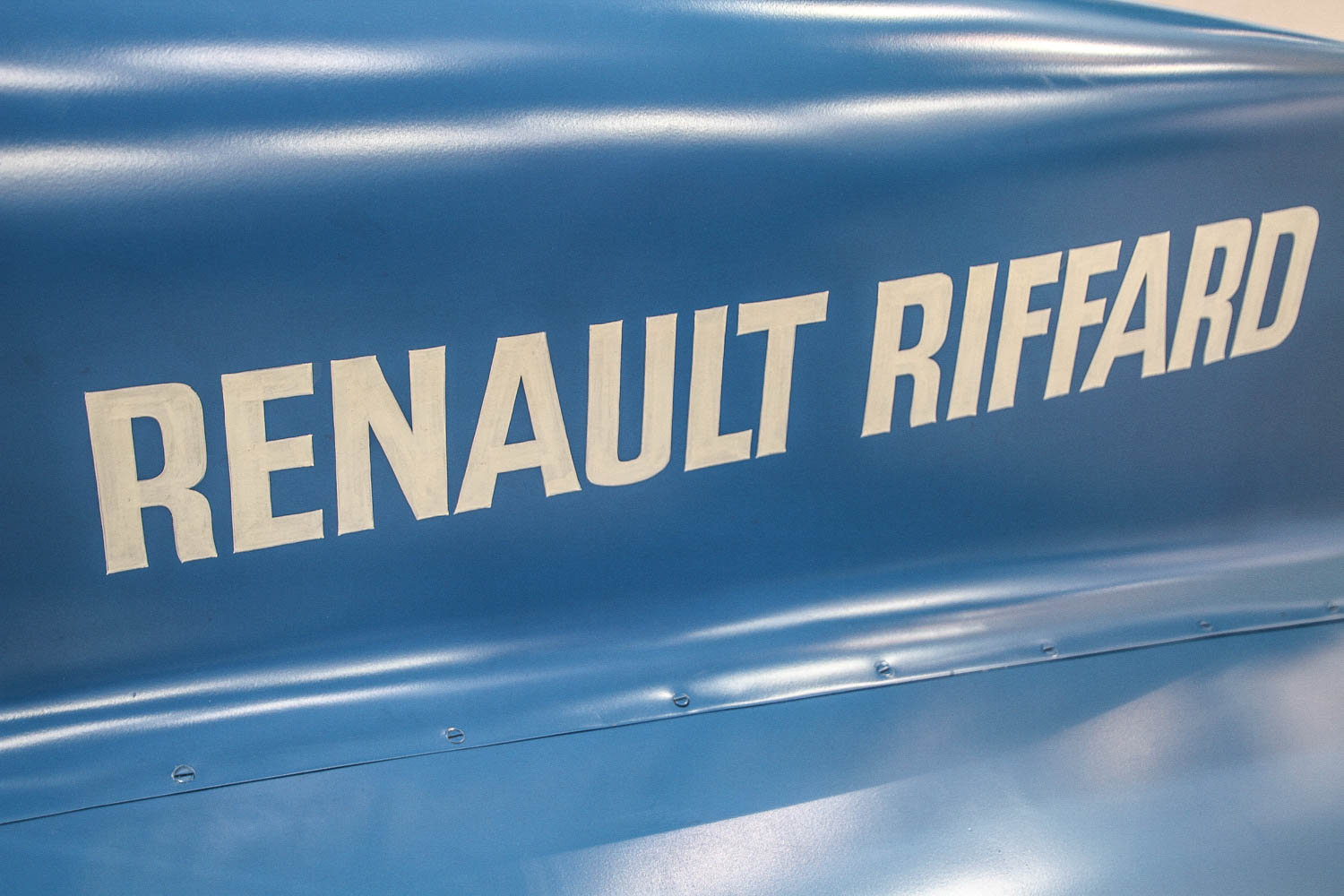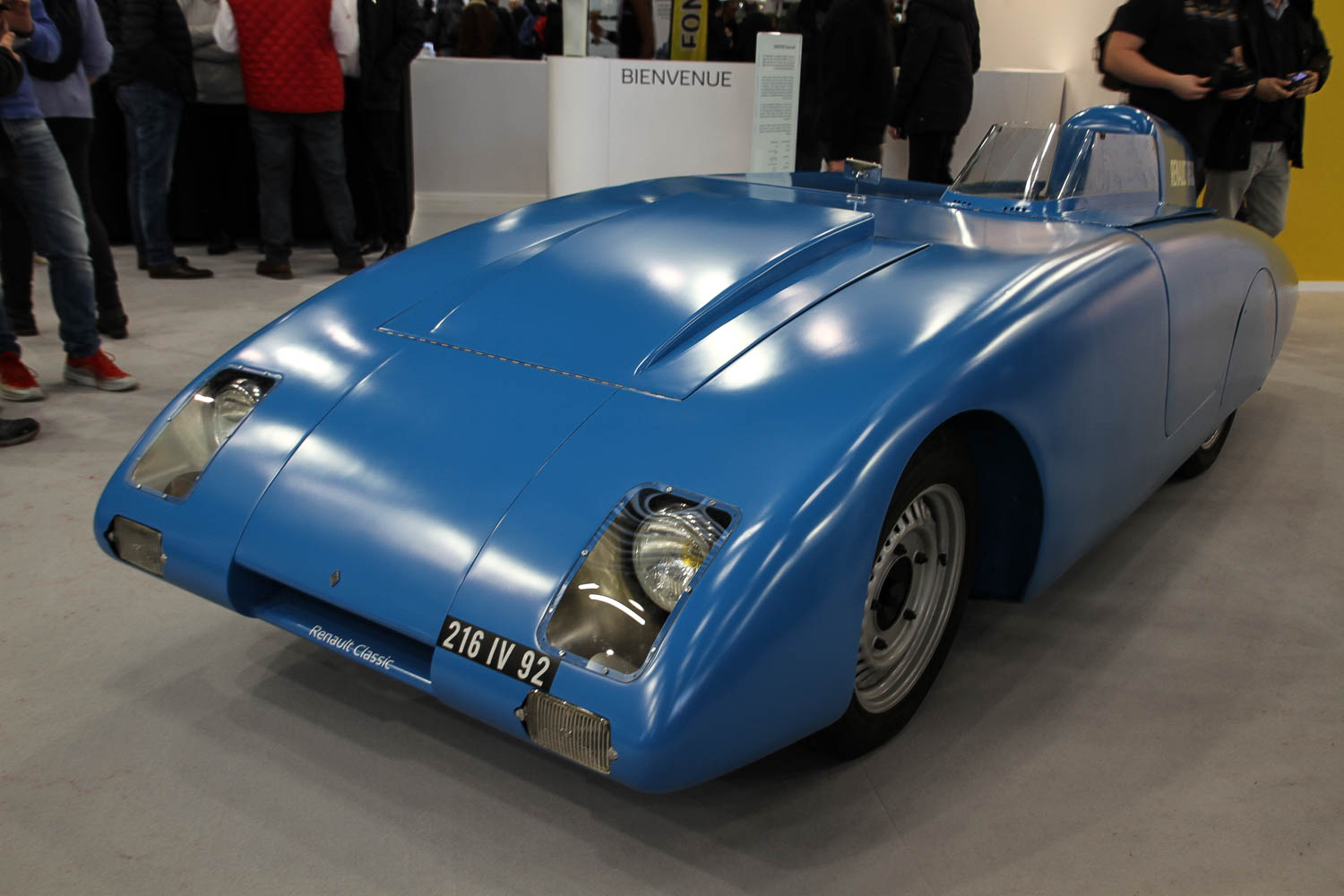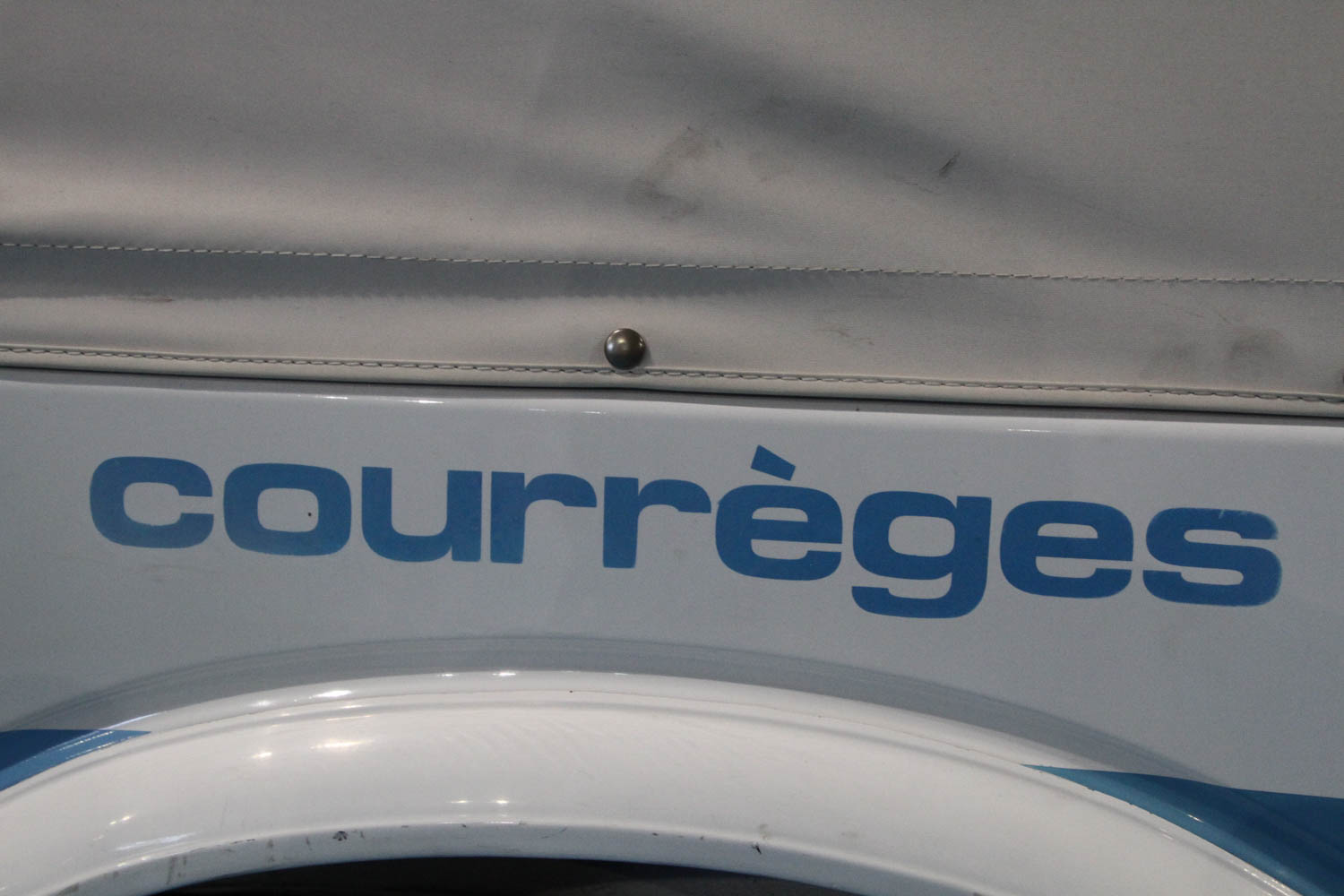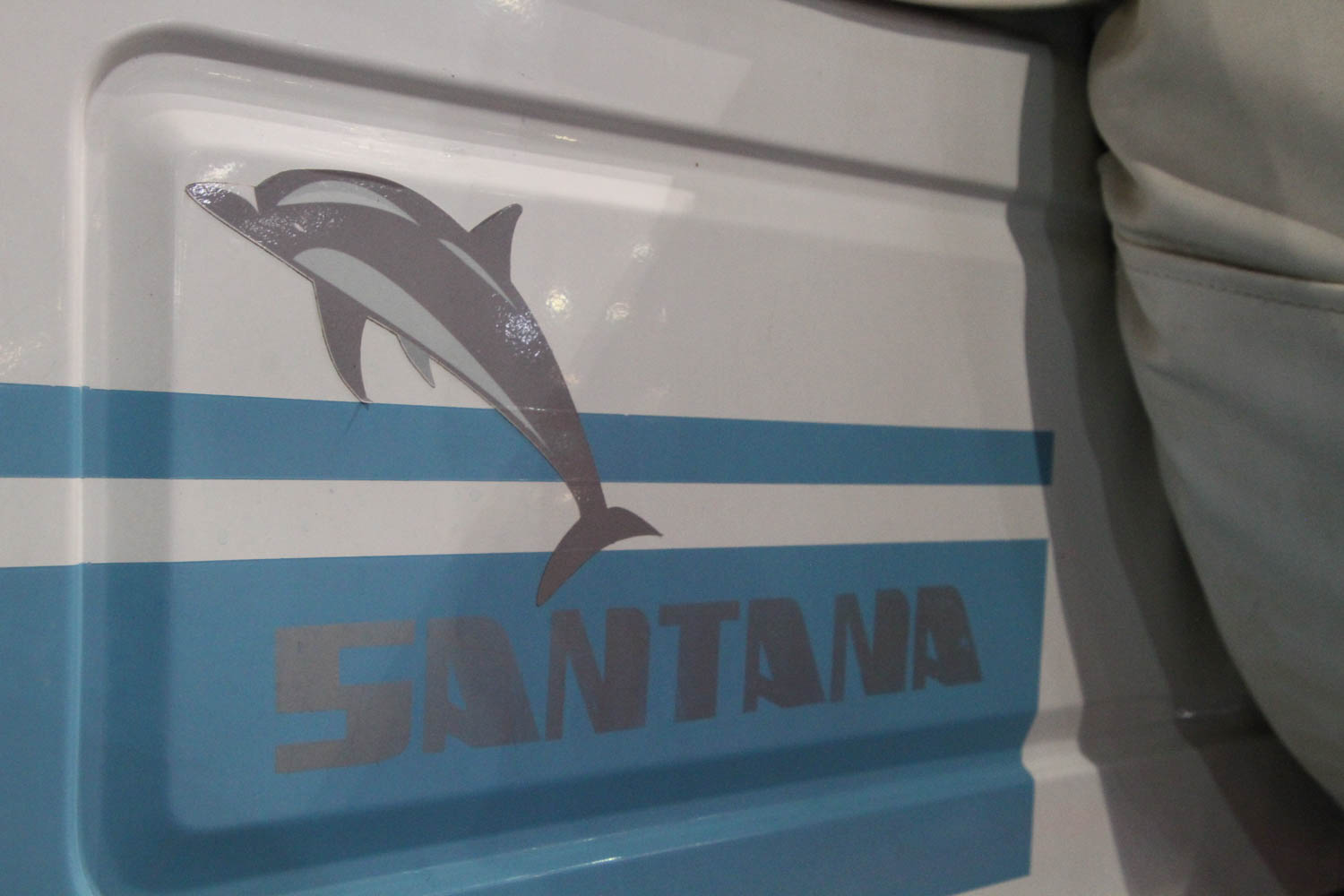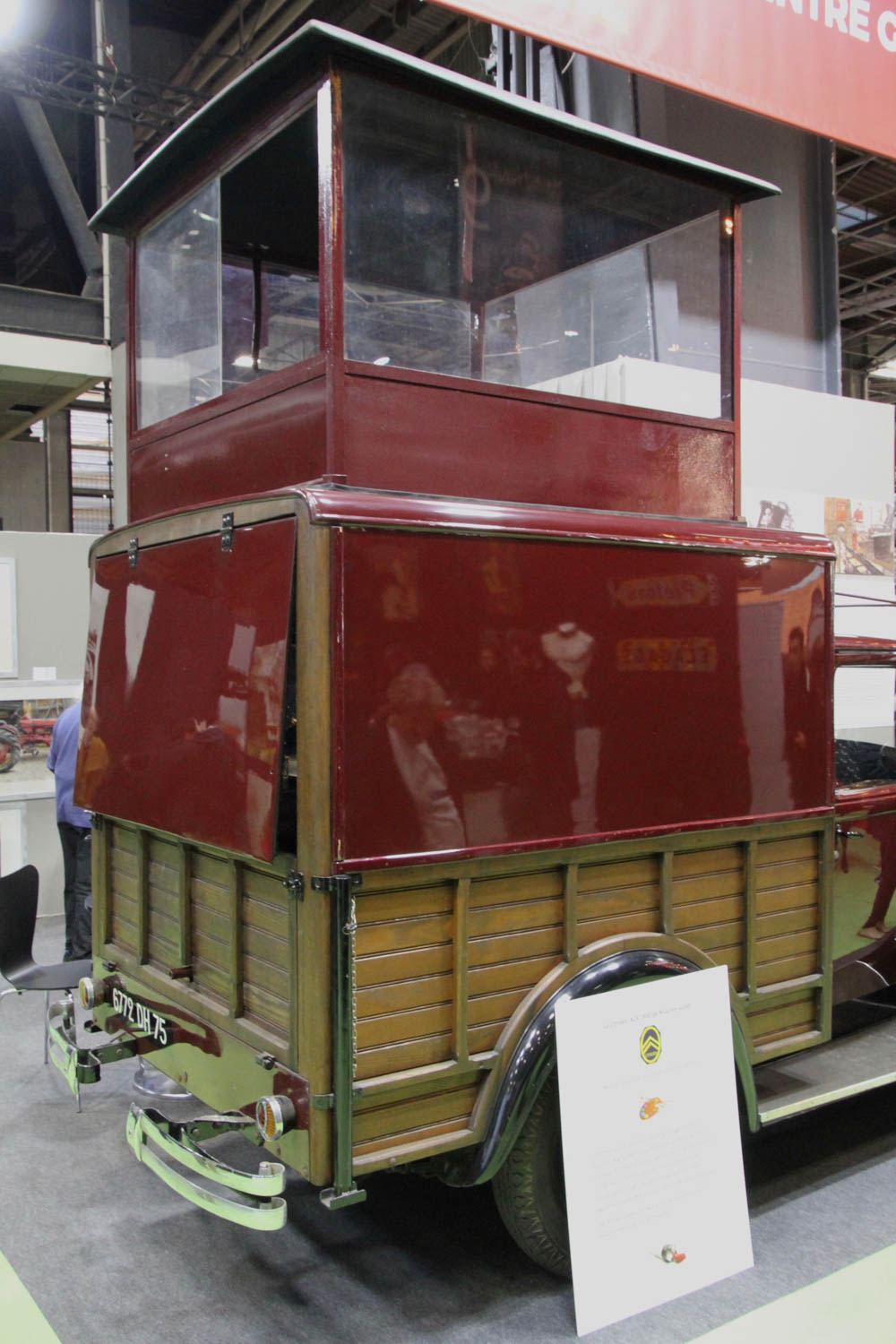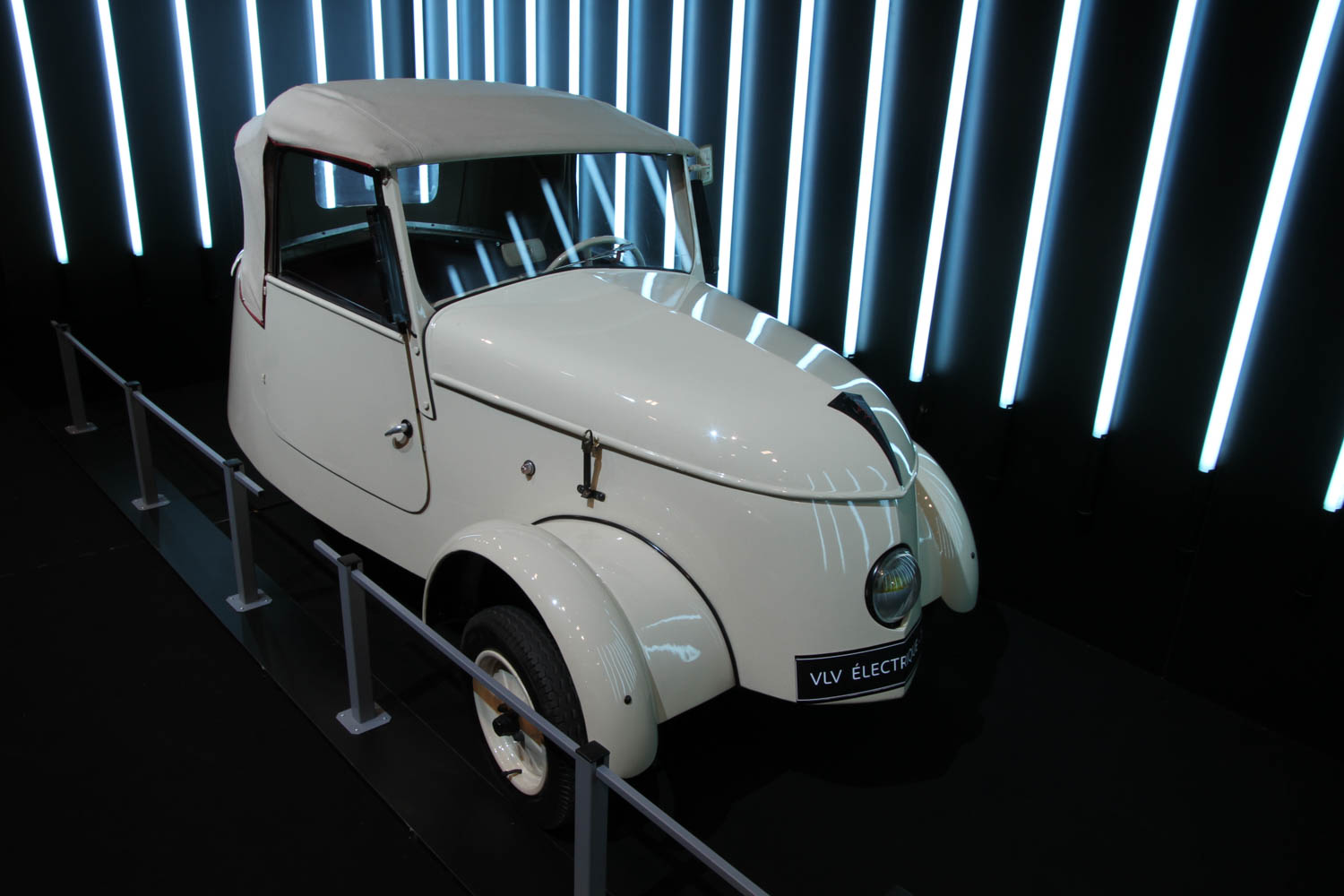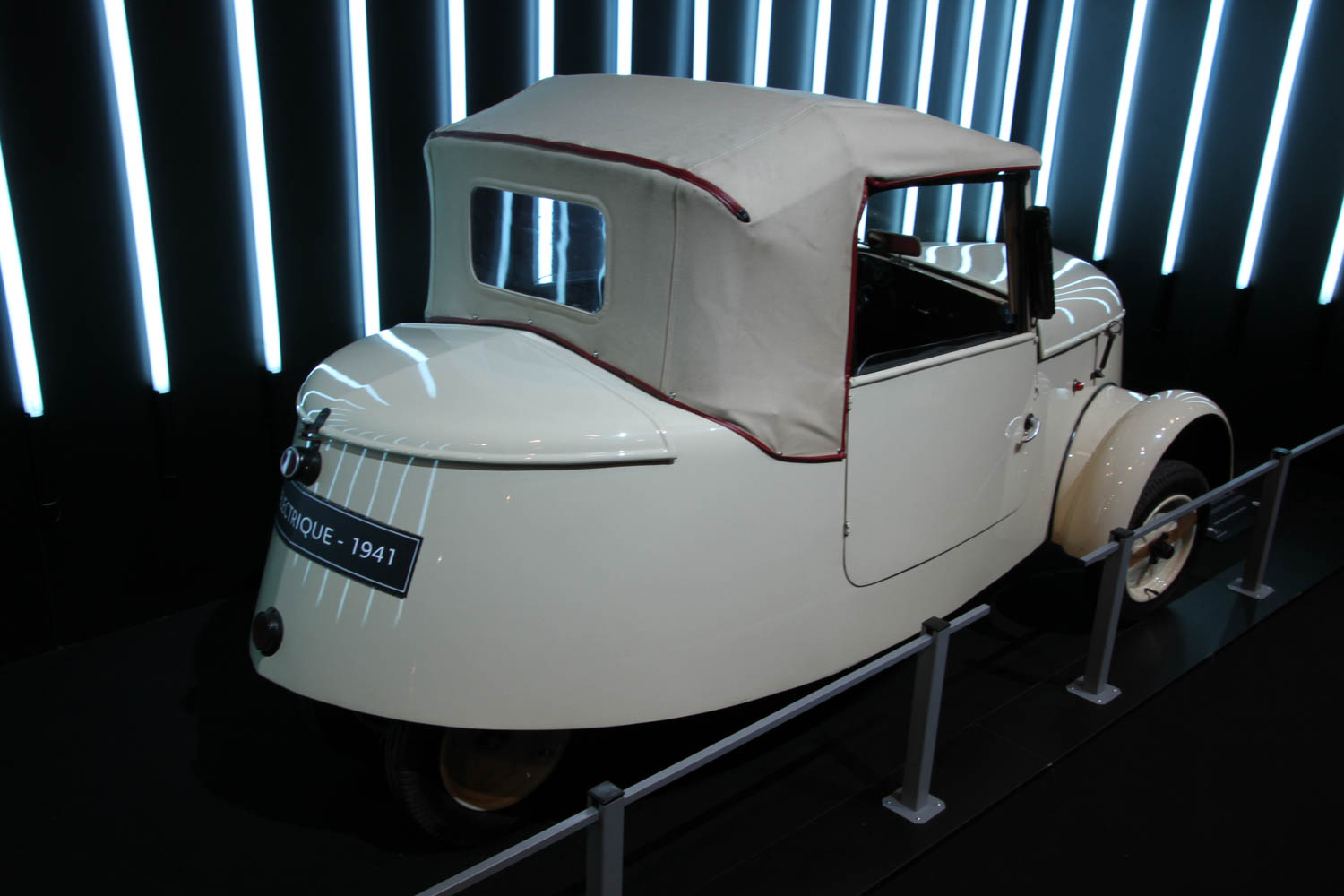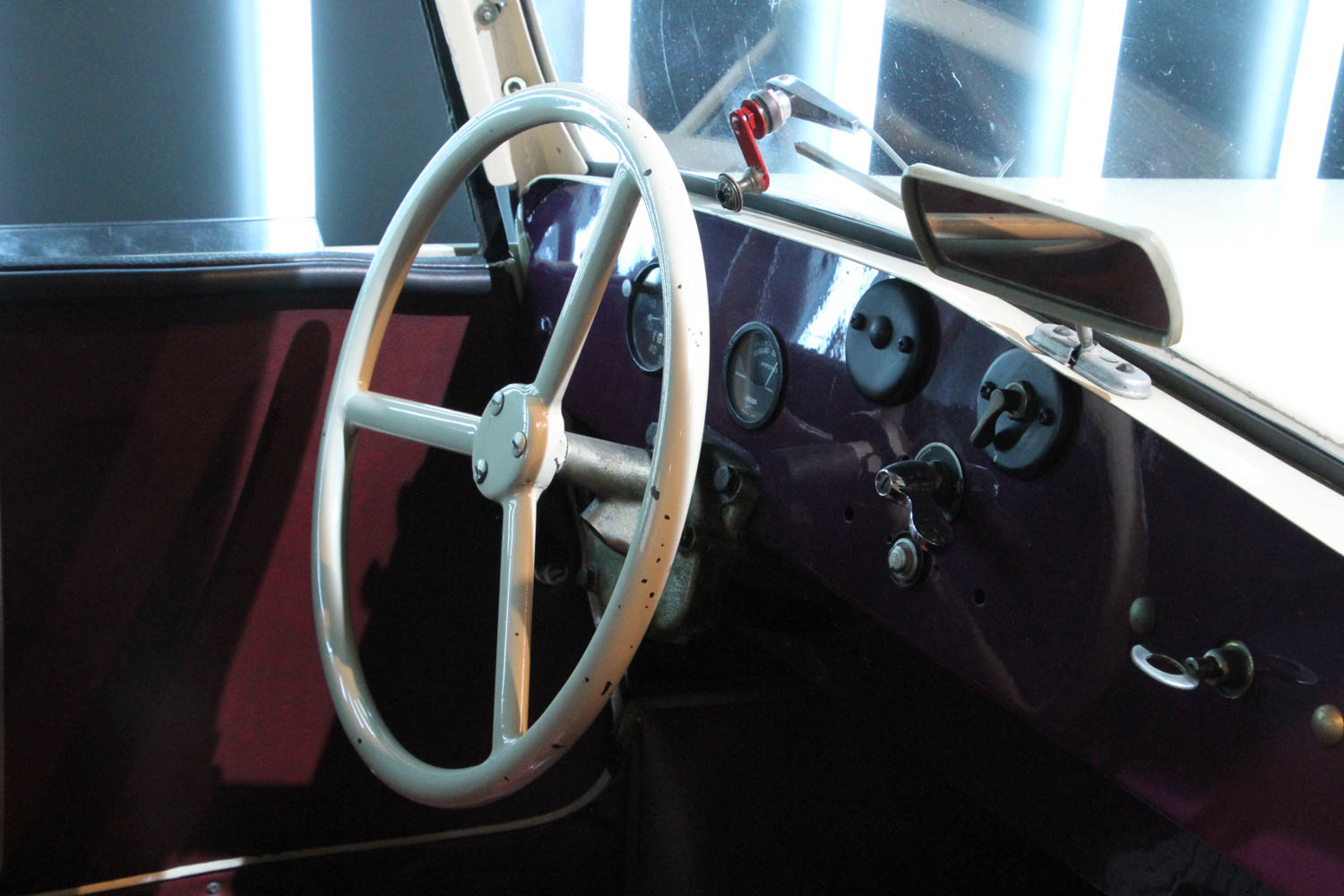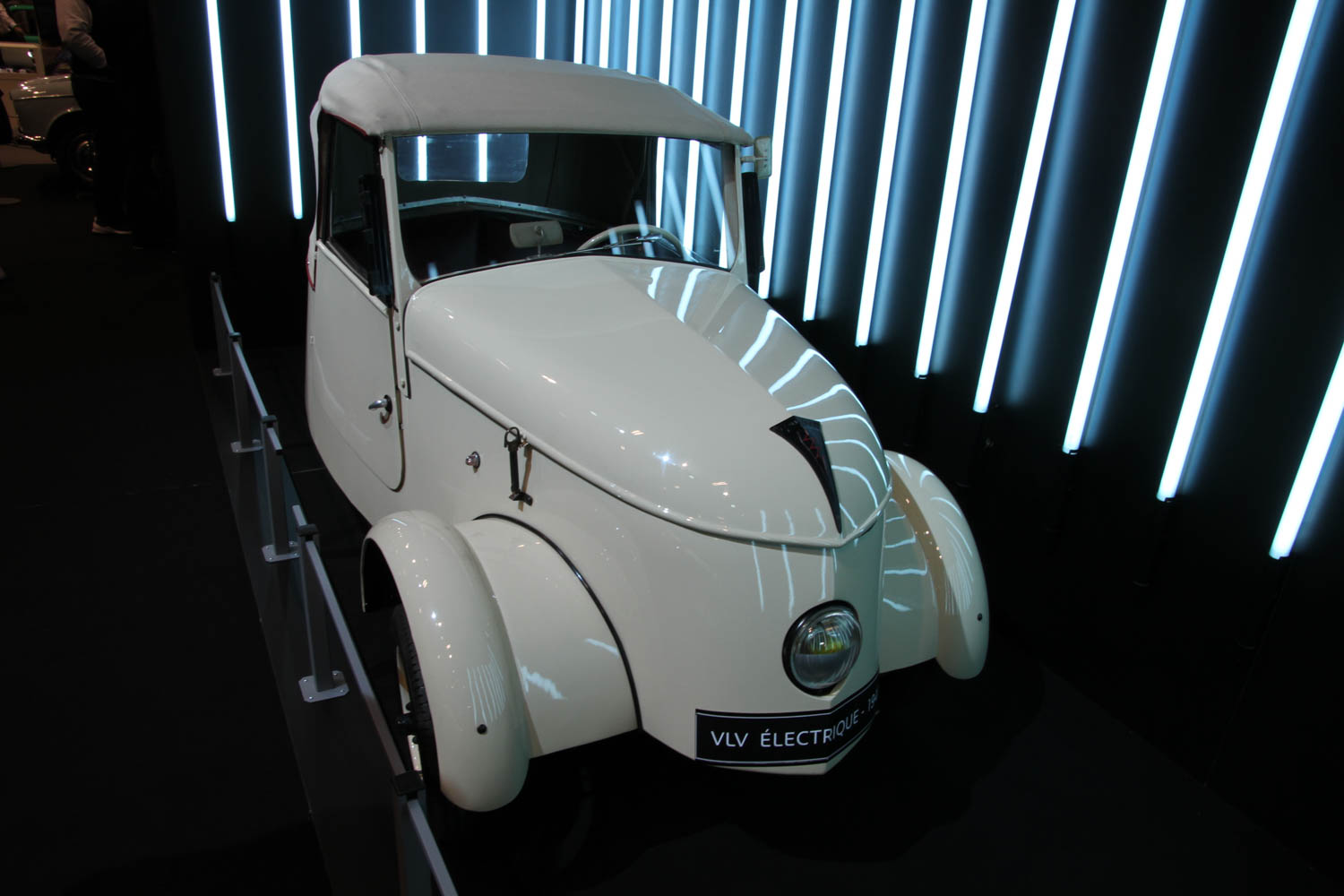Media | Articles
6 utterly strange cars I never knew existed until Paris Rétromobile 2020
All cars have appeal to somebody’s taste, but I’m generally drawn to the more wacky, weird, downright obscure things on four wheels. That’s why Rétromobile in Paris this year felt like heaven, despite my nagging cold (and non-existent proficiency in French). Rétromobile is a massive annual classic car show/trade show with an auction thrown in, and while it was spectacular to see multiple McLaren F1s (I think I counted five) and enough historic Formula 1 cars to fill a grid, the off-beat European stuff that we never see over here was equally amazing.
Matra race cars, a Ligier JS2, Tatras and a group of crazy Bertone concept cars are just some of the highlights. Some cars had me genuinely stumped, however, and what I’ve listed below are just the ones of which I could get halfway decent photos. Armed with the Internet, a handful of books, and Google Translate, here’s what I could find out about them.
Škoda 1100 Sport

The year 2020 marks 125 years of Škoda, the Czech carmaker most famous for quirky yet practical cars with funny names like Yeti, Octavia, Felicia, Roomster, Rapid and Superb. Škoda became a Volkswagen subsidiary after the fall of communism in Czechoslovakia, but the Škoda stand at Rétromobile celebrated the company’s history from well past the VW days.
Not much of that history includes motorsports (other than some rallying), but that didn’t stop Škoda from putting an odd little white race car with lumpy aluminum bodywork front and center. Called the 1100 Sport, it was the Czech hopeful at Le Mans in 1950, driven by Václav Bobek and Jaroslav Netušil. Its 1098 cc four quit after 120 laps.
Marketplace
Buy and sell classics with confidence
1953 Longchamp de Coucy 350

I’m not sure whether to call this thing elegant or ugly, so I’ll just call it interesting. It is for sure low, long, and apparently one of a kind. Part of a series of small single-seaters funded by a French count named de Coucy, it features chassis and body by Longchamp. De Coucy didn’t just write the checks, though, as he was also an engineer. This little blue streamliner was apparently intended for speed record runs with its supercharged 359-cc engine and teensy-weensy side exhausts. No word on how it did or how fast it can go, but it is currently the property of the French town of Châtellerault. Maybe they’ve had it up to top speed, non?
Riffard-Renault Tank

Just one of the unusual cars at the Renault display, this car has a complex but interesting history, went to the Goodwood Festival of Speed last year and is owned by Renault Classic, but I had no idea what it was when I first saw it.
It has a tube frame chassis from one of two early 1950s racers called Guepards (French for cheetah). They were powered by Renault and built in Paris by a company called SER (Societe d’Étude et de Recherches). After a crash, this car was rebodied by aeronautical engineer Marcel Riffard for speed record runs in the 750 cc class. Other details on the history are sparse, but it raced at Montlhéry and crashed again at some point, eventually winding up in a scrapyard for a short time before going to a museum. The car sold at auction in Paris two years ago for €57,216 (about $70,000 at the time), which was over twice its high estimate. Renault was apparently the high bidder.
1931 Citroën C4 Berline (with an art studio on top)

Maurice Guyot, aka Guy Loé, was a French artist born in 1898. Forget about the art, though, because the most interesting thing he ever did was buy a run-of-the-mill Citroën C4 sedan and have it transformed into a traveling workshop.
Ordinarily the car looks like a delivery car, but there’s a crank on the back that, when turned, pops out a little room with four windows and a roof. The idea was that Monsieur Guyot could drive to where he wanted to paint, park, deploy his handy-dandy little studio and paint with a clear view out of the elements. If you speak French, there’s a cool video about the car here. If you don’t speak French, you can still watch the pop-up art studio in action. It has a certain je ne sais quoi.
1941 Peugeot VLV Électrique

While every mainstream carmaker is rushing to electrify its lineup these days, Peugeot was patting itself on the back in Paris this year for having tried an EV way back in 1941. Built while France was under German occupation, the VLV (Light City Vehicle) was an answer to the gasoline rationing at the time with an electric motor between the rear wheels, four 12-volt batteries, 3.3 horsepower and 350 kilograms (about 772 pounds) to push around. According to Peugeot, only 377 VLVs were completed and only people with a voucher could get one. Most were used for postal and medical service.
Suzuki Santana Courrèges

Most people know it as the Jimny, but Suzuki’s clever little off-roader has been called the Samurai, the Katana, the Caribian, and the Gypsy in various markets all over the world. Some European markets also got a version built in Spain by a company called Santana Motors. What’s really unusual (and fabulous) about this particular Jimny/Santana, though, is that it’s a Courrèges Edition, named for French fashion designer André Courrèges. Ever heard of the miniskirt? That was him. How about go-go boots? He invented those, too. I can’t find a reliable source on how many of these Courrèges Santanas sold, but they are definitely rare.
Even though it’s technically a rugged Jimny, it would probably be like a pair of go-go boots to live with—impractical, but good-looking and alluring. The interior is 100-percent white and probably gets smudged if you as much as look at it for more than 30 seconds, but the colors are cool, the decals are delightful, and there’s even a dolphin motif on the tail. Oh, and this thing is for sale. The price? €14,990 ($16,200).
